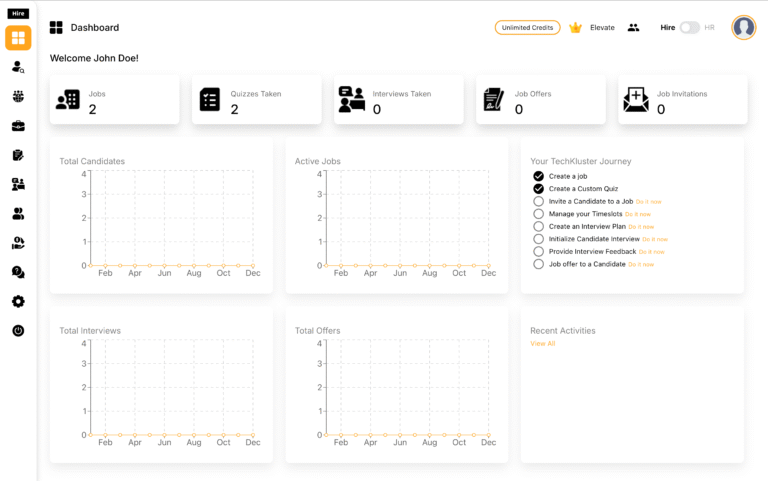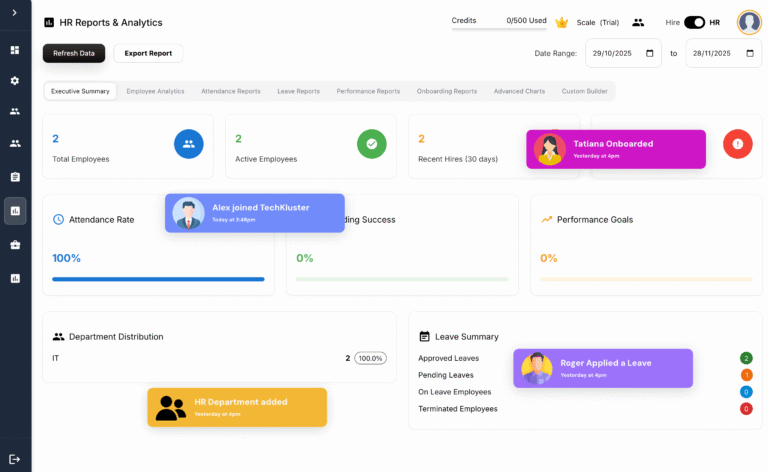Introduction Python is a versatile and powerful programming language known for its simplicity and readability. It is widely used in various domains, including web development, data analysis, and automation. In this article, we introduce the Daily.py repository, a collection of Python scripts designed to enhance your productivity. We will explore the benefits of using Python …
Introduction
Python is a versatile and powerful programming language known for its simplicity and readability. It is widely used in various domains, including web development, data analysis, and automation. In this article, we introduce the Daily.py repository, a collection of Python scripts designed to enhance your productivity. We will explore the benefits of using Python scripts, discuss the features of the Daily.py repository, and provide relevant coding examples to demonstrate its utility.
1. The Power of Python Scripts
Python scripts offer several advantages that can significantly enhance productivity:
- Automation: Python’s simplicity and extensive library support make it ideal for automating repetitive tasks. Python scripts can automate file operations, data processing, report generation, and more, saving valuable time and effort.
- Task Management: Python scripts can help manage daily tasks efficiently. They can create to-do lists, set reminders, and schedule tasks, ensuring you stay organized and focused on your goals.
- Data Analysis: Python’s robust libraries, such as NumPy, Pandas, and Matplotlib, make it a popular choice for data analysis. Scripts can perform complex data manipulations, generate visualizations, and extract valuable insights from datasets.
2. Introducing the Daily.py Repository
The Daily.py repository is a curated collection of Python scripts designed to streamline everyday tasks and boost productivity. It covers a wide range of categories, including time management, file operations, data analysis, and web automation. Let’s explore some of its key features and code examples:
2.1 Time Management Scripts
- Reminder.py: This script allows you to set reminders for important events or tasks. It prompts you with customizable messages at specified times.
import time
import webbrowser
def set_reminder(message, hour, minute):
while True:
current_time = time.localtime()
if current_time.tm_hour == hour and current_time.tm_min == minute:
print(message)
webbrowser.open('https://yourtaskmanagementapp.com') # Open task management app
break
time.sleep(60) # Wait for one minute
set_reminder("Don't forget the team meeting at 2 PM!", 14, 0)2.2 File Operations Scripts
- File Organizer.py: This script organizes files in a directory based on their extensions. It creates folders for each file type and moves the corresponding files into them.
import os
import shutil
def organize_files(directory):
for filename in os.listdir(directory):
if os.path.isfile(os.path.join(directory, filename)):
file_extension = os.path.splitext(filename)[1][1:].lower()
if file_extension:
if not os.path.exists(os.path.join(directory, file_extension)):
os.makedirs(os.path.join(directory, file_extension))
shutil.move(
os.path.join(directory, filename),
os.path.join(directory, file_extension, filename)
)
organize_files('/path/to/directory')2.3 Data Analysis Scripts
- Data Visualization.py: This script uses the Matplotlib library to generate a line chart from a given dataset.
import matplotlib.pyplot as plt
def visualize_data(x, y):
plt.plot(x, y)
plt.xlabel('X-axis')
plt.ylabel('Y-axis')
plt.title('Data Visualization')
plt.show()
x = [1, 2, 3, 4, 5]
y = [2, 4, 6, 8, 10]
visualize_data(x, y)2.4 Web Automation Scripts
- Website Scraper.py: This script uses the BeautifulSoup library to scrape data from a website and store it in a CSV file.
import requests
from bs4 import BeautifulSoup
import csv
def scrape_website(url):
response = requests.get(url)
soup = BeautifulSoup(response.text, 'html.parser')
data = []
for item in soup.find_all('div', class_='item'):
title = item.find('h2').text
price = item.find('span', class_='price').text
data.append([title, price])
with open('data.csv', 'w', newline='') as csvfile:
writer = csv.writer(csvfile)
writer.writerow(['Title', 'Price'])
writer.writerows(data)
scrape_website('https://www.example.com')3. Contributing to the Daily.py Repository
The Daily.py repository is an open-source project, and contributions from the community are welcome. If you have a useful Python script that can enhance productivity, consider submitting it to the repository. Here’s how you can contribute:
- Fork the Daily.py repository on GitHub.
- Create a new branch for your script.
- Write your script, ensuring it follows proper coding conventions and includes clear documentation.
- Test your script thoroughly to ensure it functions as intended.
- Submit a pull request to the main repository, providing a detailed description of your script and its purpose.
The community can benefit greatly from your contributions, and together we can build an extensive library of Python scripts to enhance productivity.
4. Conclusion
Python is a versatile language that can greatly enhance productivity through the use of scripts. The Daily.py repository offers a curated collection of Python scripts designed to streamline daily tasks and boost efficiency. Whether you need help with time management, file organization, data analysis, or web automation, the repository has you covered. By harnessing the power of Python scripts, you can automate repetitive tasks, manage your time effectively, analyze data efficiently, and simplify various aspects of your workflow.
Explore the Daily.py repository, try out the provided scripts, and consider contributing your own scripts to benefit the wider community. Python’s simplicity, readability, and extensive library support make it the perfect language for enhancing productivity. Embrace the power of Python scripts and unlock your full potential in achieving greater efficiency and success in your daily endeavors.





